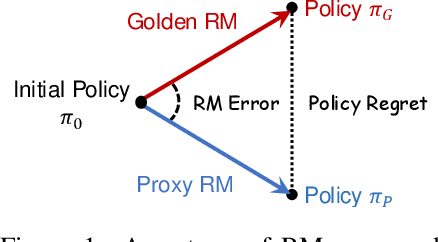Rethinking Reward Model Evaluation: Are We Barking up the Wrong Tree?
Paper and Code
Oct 08, 2024



Reward Models (RMs) are crucial for aligning language models with human preferences. Currently, the evaluation of RMs depends on measuring accuracy against a validation set of manually annotated preference data. Although this method is straightforward and widely adopted, the relationship between RM accuracy and downstream policy performance remains under-explored. In this work, we conduct experiments in a synthetic setting to investigate how differences in RM measured by accuracy translate into gaps in optimized policy performance. Our findings reveal that while there is a weak positive correlation between accuracy and downstream performance, policies optimized towards RMs with similar accuracy can exhibit quite different performance. Moreover, we discover that the way of measuring accuracy significantly impacts its ability to predict the final policy performance. Through the lens of Regressional Goodhart's effect, we identify the existence of exogenous variables impacting the relationship between RM quality measured by accuracy and policy model capability. This underscores the inadequacy of relying solely on accuracy to reflect their impact on policy optimization.
 Add to Chrome
Add to Chrome Add to Firefox
Add to Firefox Add to Edge
Add to Edge